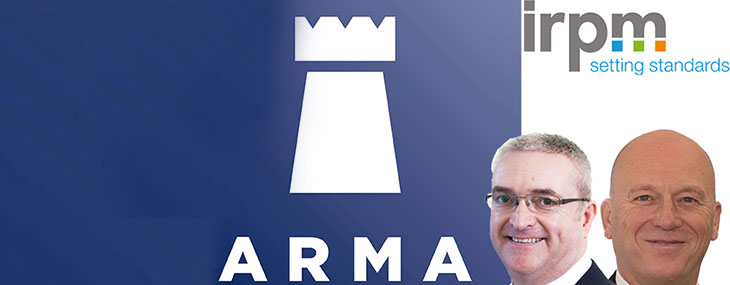More than 50 organisations operating within the property sector have penned an open letter to the Government to use Unique Property Reference Numbers (UPRNs) to create a database for the public and private sectors. The idea is to allow UPRN data available at a large scale so that organisations can adopt them without cost, and allows an accurate record of any changes to the property. Housing secretary The letter, addressed to at the time, housing secretary Robert Jenrick, comes addressed from the The Lettings Industry Council (TLIC) and the Institute of Residential Property Management (IRMP). The letter is also backed by many estate agents and industry organisations including the NRLA, Propertymark and TDS. The idea of a UPRN involves a digital database with all the information and a full history of the property, including repairs and remodelling. This would speed up the process of property sales, with completions not beholden to lengthy searches and possible inaccuracies. Andrew Bulmer, CEO of the IRPM, commented: “The UPRN is like attaching a number plate to a car, instead we [will] attach a unique number to all things related to properties so that each property can be uniquely identified with unparalleled accuracy.”He added: “If all the conditions outlined in the letter were to be met, we could proactively work towards the wholesale adoption of the UPRN.” Benefits of UPRN’s The letter outlines the benefits from the wider adoption of a single number for properties including: Improve building, consumer and market safety More targeted and cost-effective enforcement of legislation Increase protection for tenants and a reduction of rogue landlords Speed up and make more certain the home buying and selling process Reduce waste, save time and empower the consumer Increase income for the Treasury If this was to be a success in the residential market, the collective organisations are hopeful the system would work across the whole market. One of the biggest conditions the letter outlines is: “The UPRN must be in a clear and useable format that allows the UPRN to be widely identified, used and shared at no cost on an individual or market level basis. As far as is possible, this must include the tools, the support materials and the explanation needed by the whole sector for adoption, not just the solution providers” This last point, identifying that it would be more widely accepted if it was without cost, may be a stumbling block for this proposal. Not necessarily a radical idea to identify properties, it is hard to replicate on a country-wide scale without someone incurring a cost along the way. Landlords would not want further costs adding to their property purchases, and tenants would be keen to avoid further premiums being passed onto rental prices. Transparent and compliant One landlord praised the idea of UPRN’s, highlighting that it would make for a completely transparent and compliant market, as it would allow for more focus on rogue landlords. It may also provide the tools necessary for local councils to enforce some of the property regulations they have been armed with in the last 5 years. Beverley Kennard, associate and operations manager at Knight Frank, commented: “A Unique Property Reference Number (UPRN) is allocated to a property by local authorities and means that a full history of the property is available, regardless of if the address changes. The use of UPRNs will bring real benefits to the residential property sector and landlords and tenants.” Not only would the centralisation of this data hopefully speed up conveyancing times and therefore completion windows, it could also offer tenants access to more information about properties they are enquiring about.







